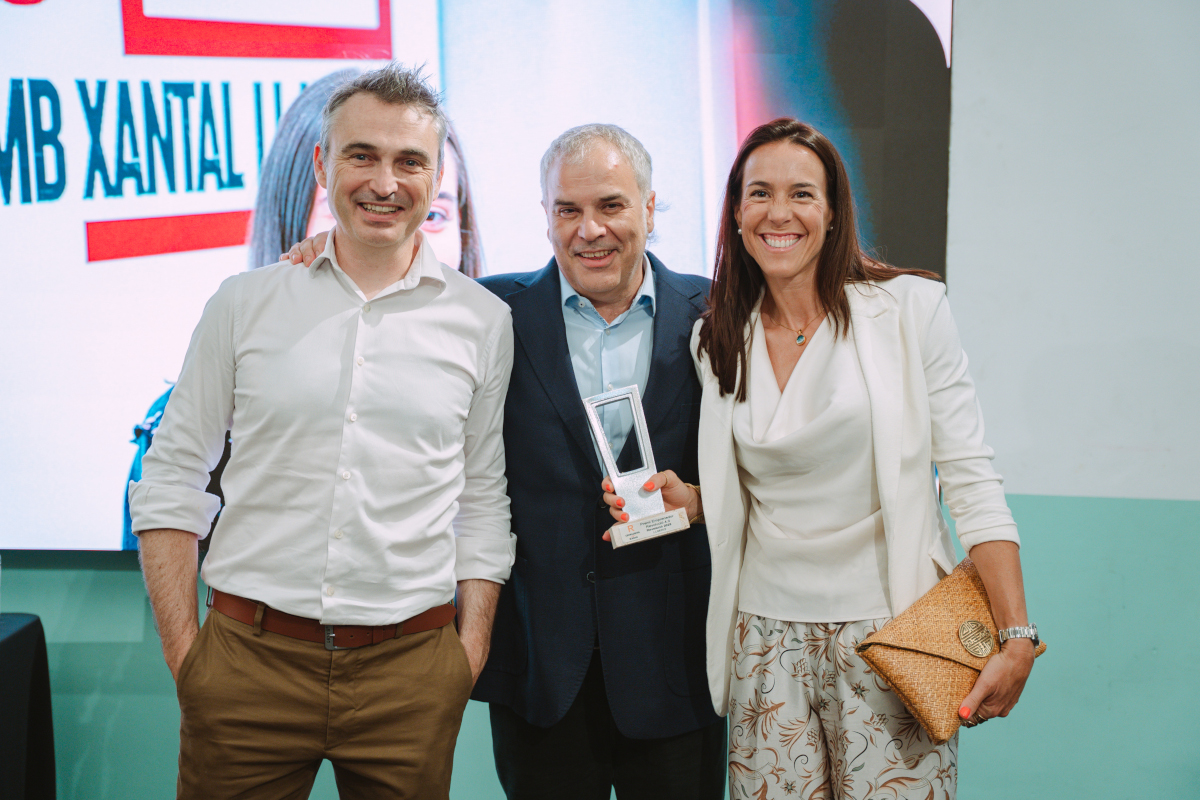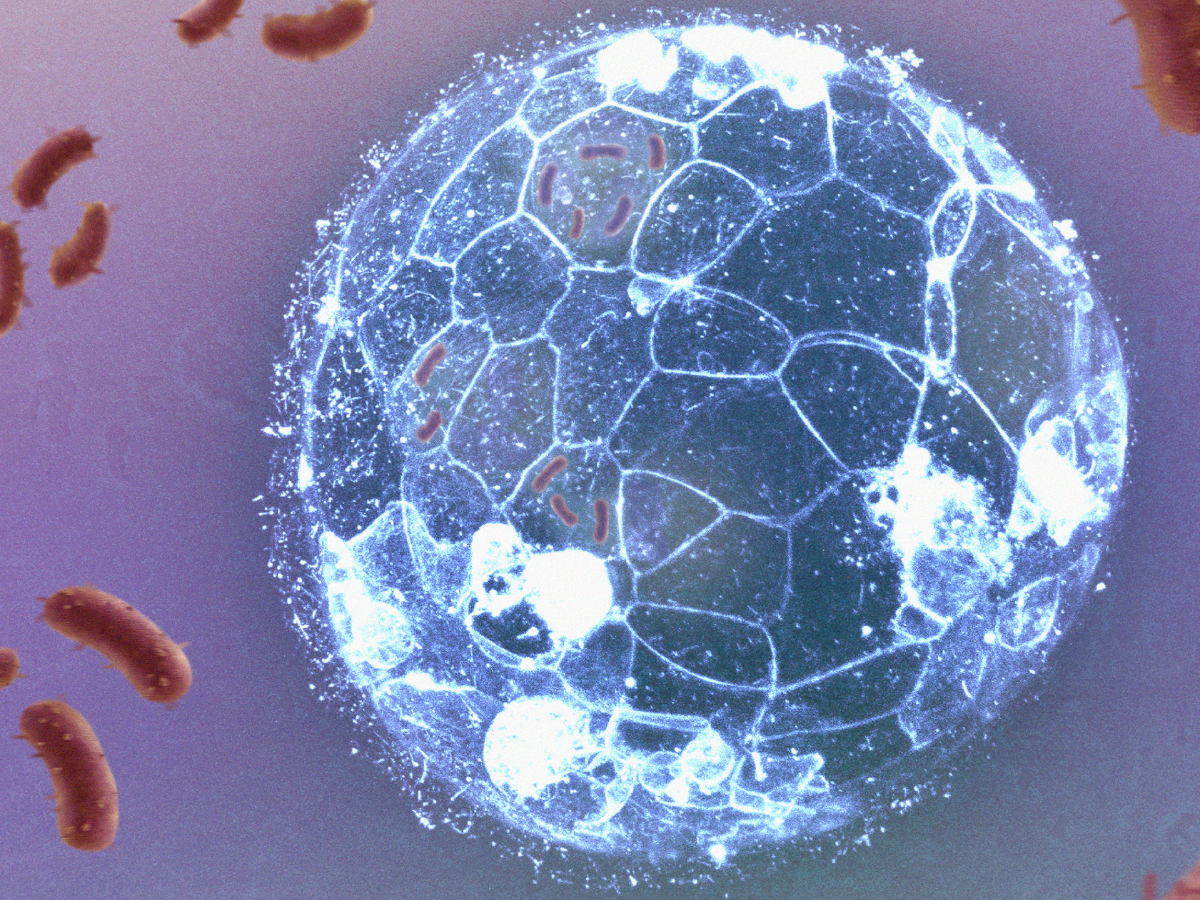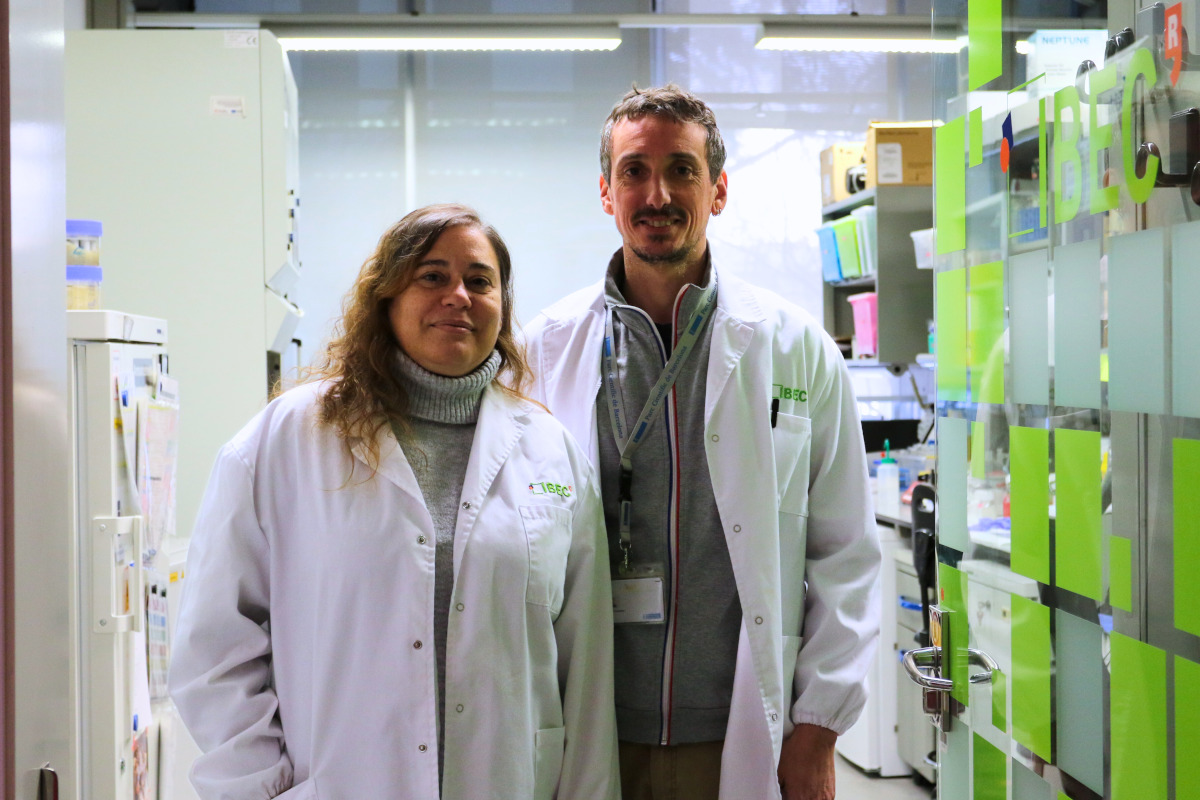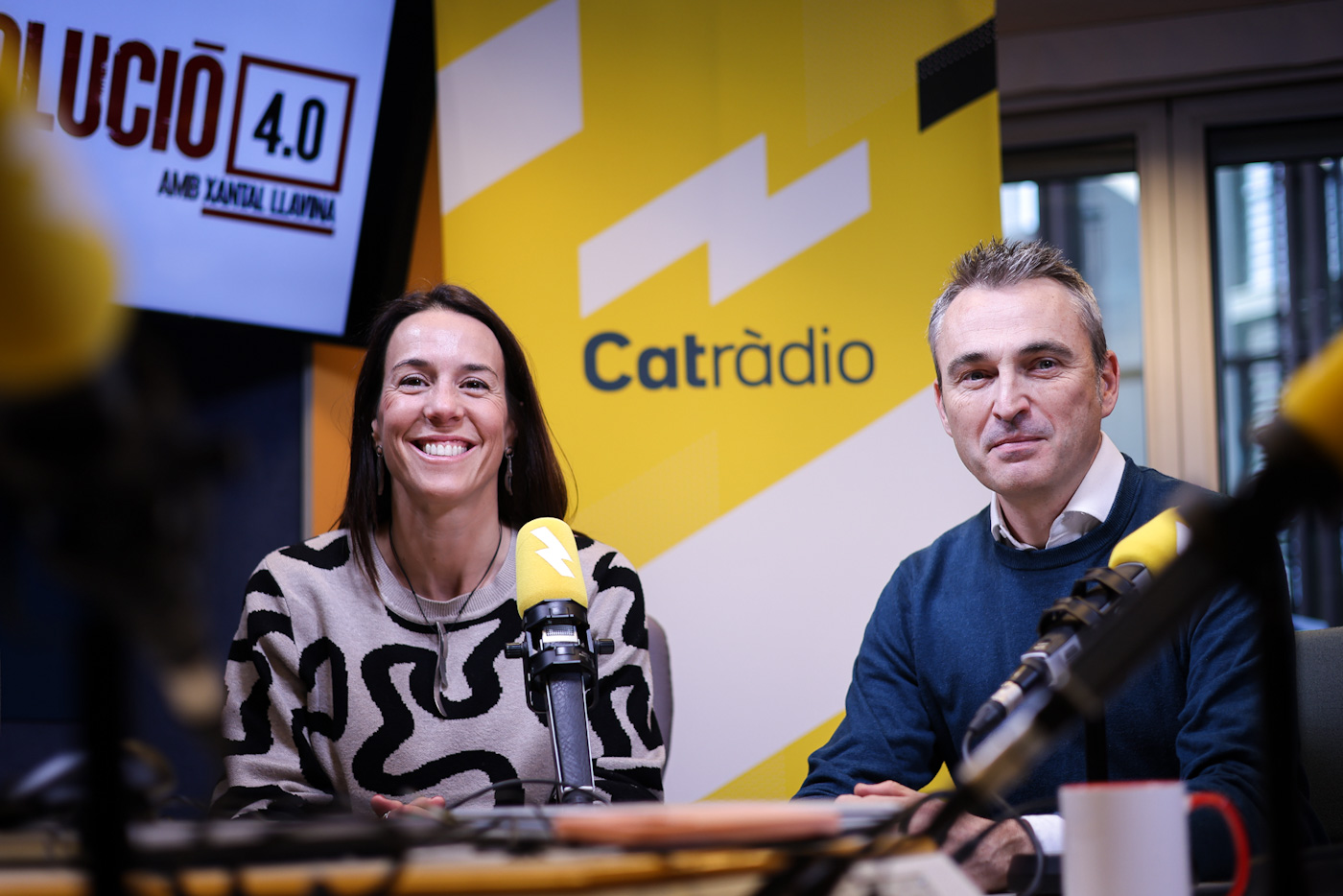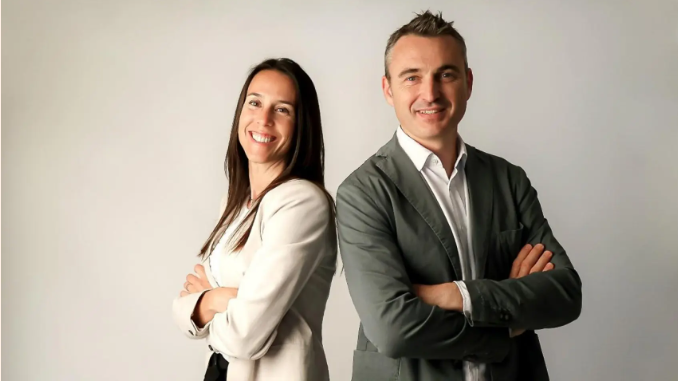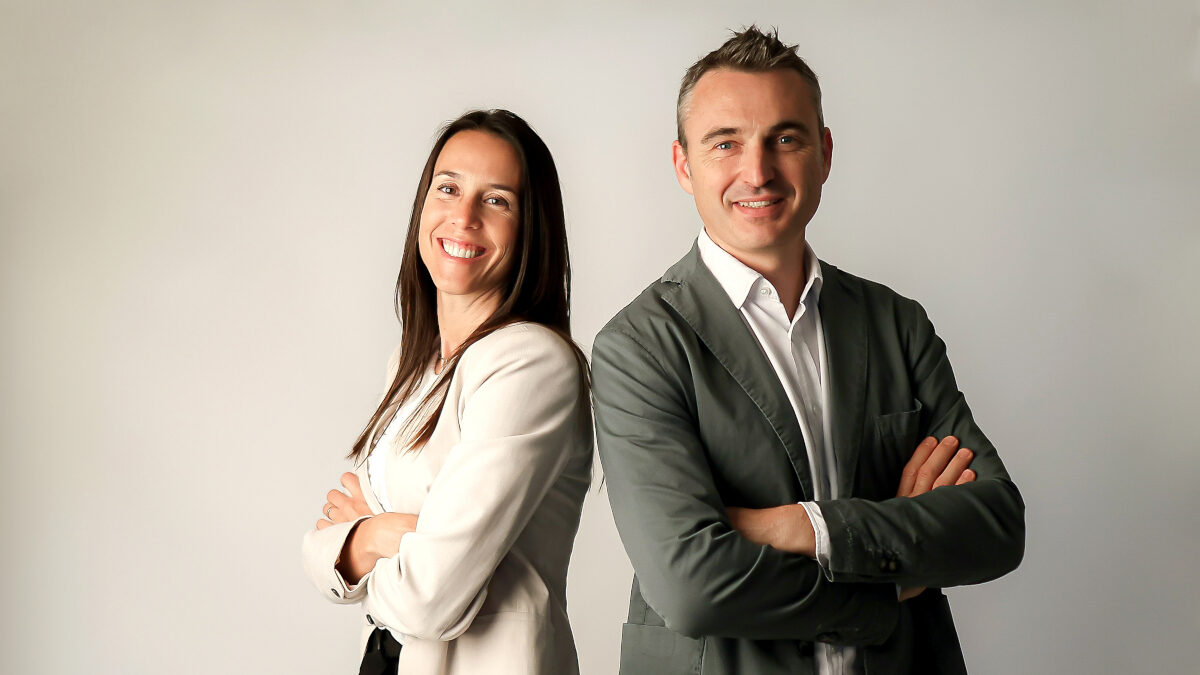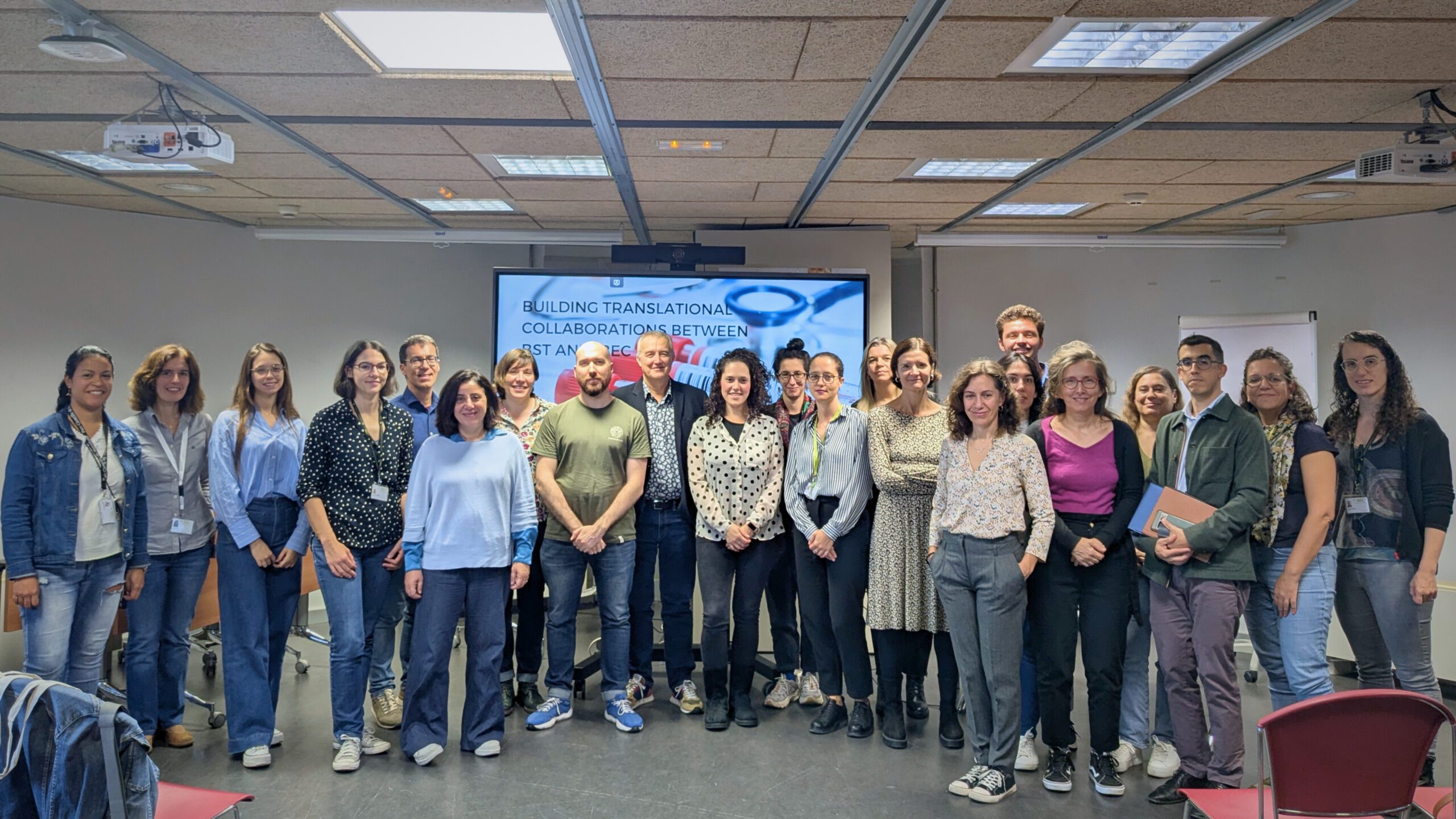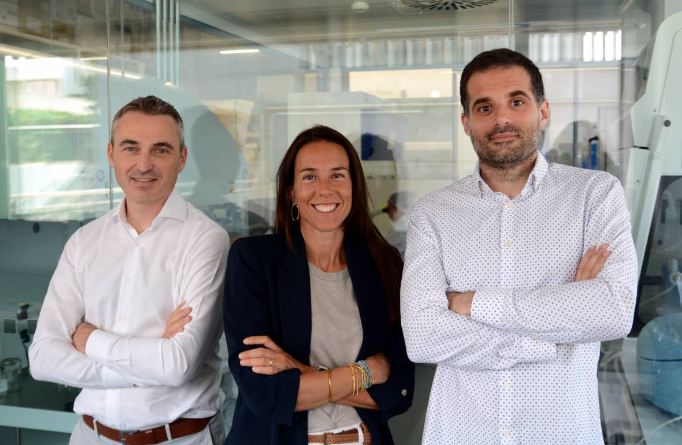LUMIRIS, spin-off de l’IBEC, Premi Emprenedor Digital en la categoria Revelació
El passat dimecres 18 de juny es va celebrar a l’Antiga Fàbrica Damm de Barcelona el lliurament de la 7a edició dels Premis Emprenedors Digitals, organitzats per Catalunya Ràdio. La spin-off de l’IBEC, LUMIRIS, va guanyar el premi Revelació, per la seva tecnologia especialitzada a millorar els tractaments de reproducció assistida.

